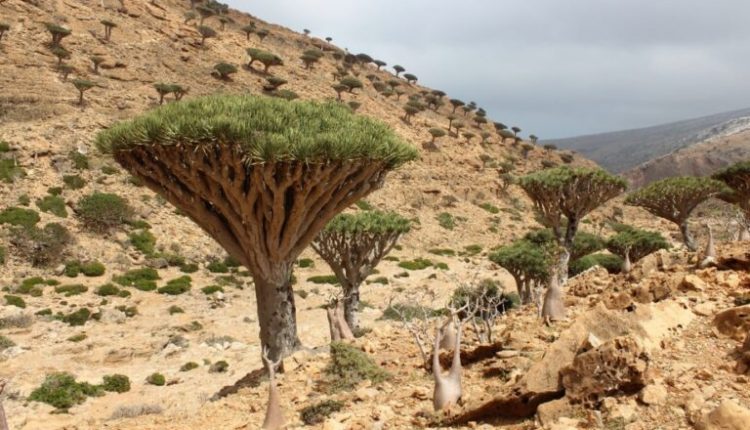SOCOTRA, July 14 (YPA) – Recent studies have revealed the presence of vast oil reserves in the territorial waters surrounding the Yemeni Socotra archipelago province, spanning an estimated 200,000 square kilometers, more than 50 times the size of the island itself.
According to reports, these reserves cover offshore blocks 65 to 97, among the most prolific potential oil extraction areas in Yemen, according to international energy experts.
Estimates indicate that the expected production from these areas may exceed the combined production of the provinces of Marib, Shabwa, and Hadramout, revealing the secret of the UAE’s attachment to the island.
The UAE has strengthened its military and economic presence in Socotra by establishing bases and communications centers and bringing in Emirati companies.
Unique in its ecological diversity, rich history, and rich trade, Socotra is the largest island in Yemen and has long been a center for the trade of aloes and frankincense.
Deterioration of living conditions on the island
Despite the UAE’s claims that it is providing aid to the people of Socotra, reports indicate that living conditions continue to deteriorate, particularly in healthcare, electricity, and water, as well as widespread malnutrition and epidemic diseases.
Socotra residents have previously accused the UAE of controlling ports and fisheries and plundering the island’s unique natural resources. This negatively impacts the livelihoods of local residents, especially fishermen who face large Emirati trawls that sweep up fish.
As the UAE continues its control over the island, Abu Dhabi is attempting to alter the island’s cultural and demographic identity, including attempts to naturalize residents, raise Emirati flags, and purchase land.
The residents’ suffering does not stop there. The UAE, the main supporter of the Southern Transitional Council (STC), suppresses and arrests opponents, amidst the deafening silence of members of the Presidential Leadership Council, which facilitates Abu Dhabi’s control over vital facilities such as the airport and port.
YPA


